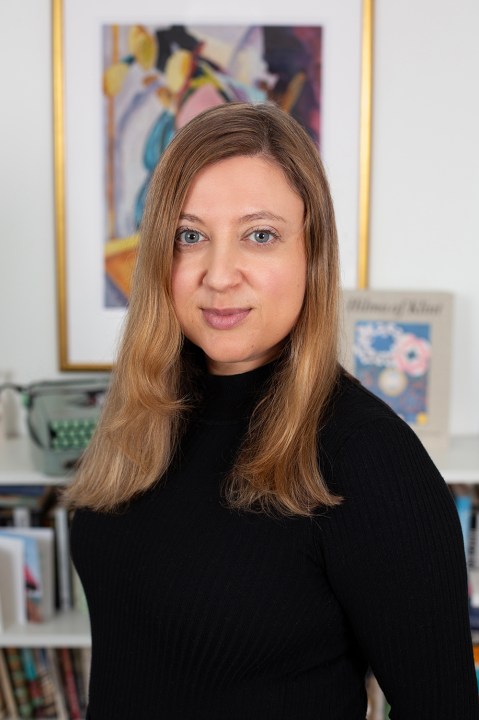
Ivy, the protagonist of Megan Hunter’s magnificent Days of Light, lives with her family at Cressingdon, a Sussex farmhouse, which is ‘covered with her mother’s fabrics and artworks, every room thick with the breath of her, of Angus’ (her mother Marina’s lover). At weekends, her father Gilbert, a travel writer and notorious womaniser, comes down from London to stay.
The clear parallels with Angelica Bell and Charleston extend even further. Ivy develops a tendresse for, and eventually marries, Bear, a man 25 years her senior and Angus’s former lover. Like his prototype Bunny Garnett, Bear worked on the farm to avoid conscription during the first world war. Like Bunny with Angelica, Bear is present at Ivy’s birth and immediately contemplates marrying her.
Hunter deftly skewers the tensions and contradictions within this unconventional household where sexual shibboleths are challenged yet class distinctions are rigorously policed. (Marina is horrified when Ivy considers becoming a cook.) For her part, Ivy believes herself to be devoid of talent and a constant disappointment, ‘coming from the family she did, the daughter of artists – famous ones at that’. Marina, meanwhile, is bitterly resentful of her sister Genevieve, a celebrated writer who has ‘all the time in the world. And Hector waiting on her every bloody need.’ In contrast to the childless Genevieve, Marina feels that Ivy and her brother Joseph have held her back.
This sibling relationship lifts the novel to another dimension. Days of Light opens on Easter Sunday 1938, when Ivy and Joseph go for a swim in the nearby river. Joseph drowns and Ivy witnesses a strange, otherworldly light, which ‘in some ways was love itself’. Joseph’s body is never found and the mystery, together with the loss, haunt Ivy for the rest of her life, as she marries, has two daughters, and, in an echo of her parents’ romantic entanglements, embarks on a passionate affair with her brother’s former girlfriend Frances.
Where Ivy differs from her mother’s set is in her strong religious faith. Marina proudly declares Cressingdon to be ‘the most secular house in England’, and inhabits ‘a world of objects’ (a phrase repeated several times in the book). Ivy, on the other hand, studies theology and, in the 1960s, enters a convent. The speed with which she abandons her vocation after a resurgence of romantic love is the one flaw in this beautifully written novel, that, rare in contemporary fiction, evokes a deep sense of the numinous.








Comments